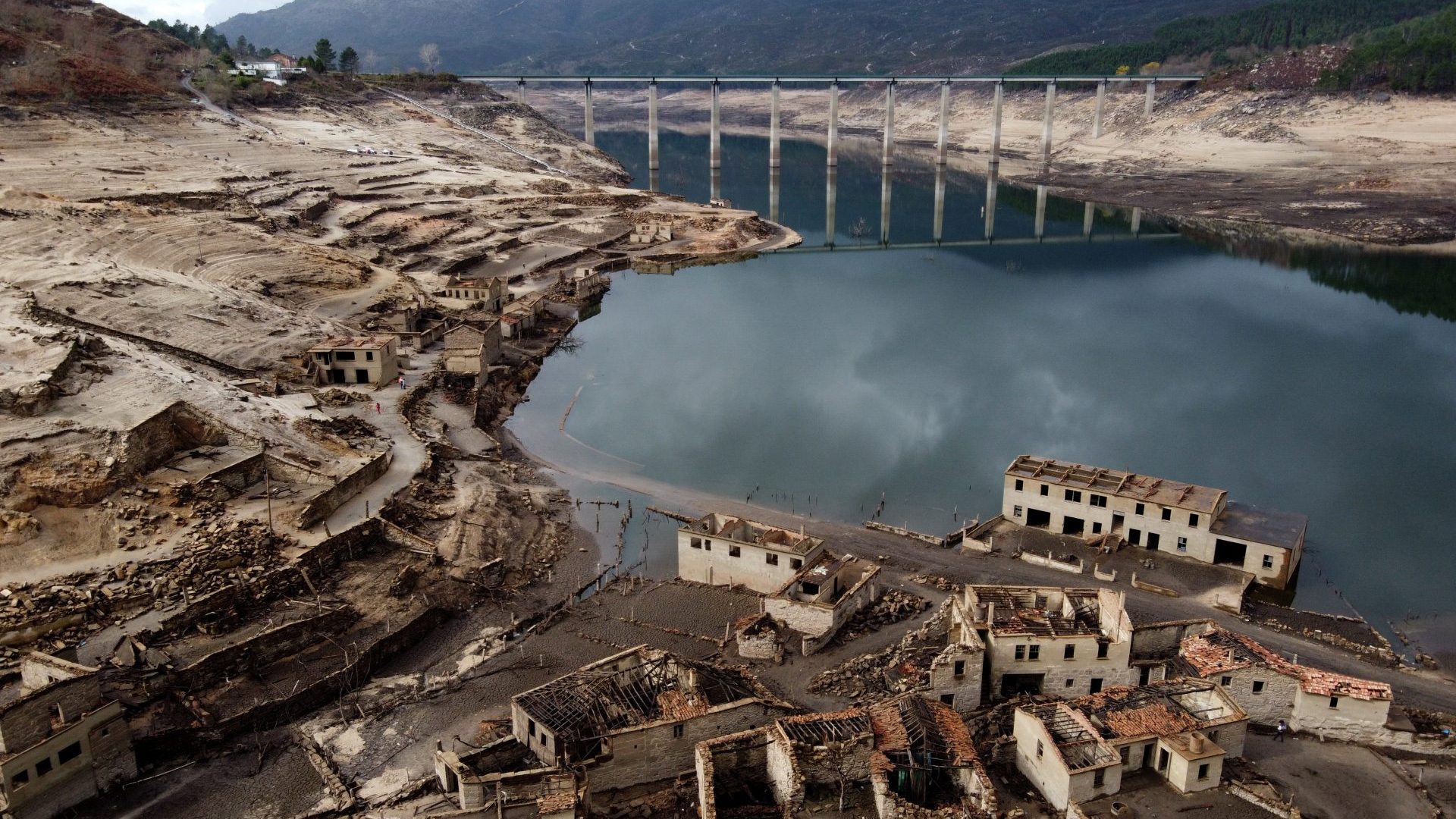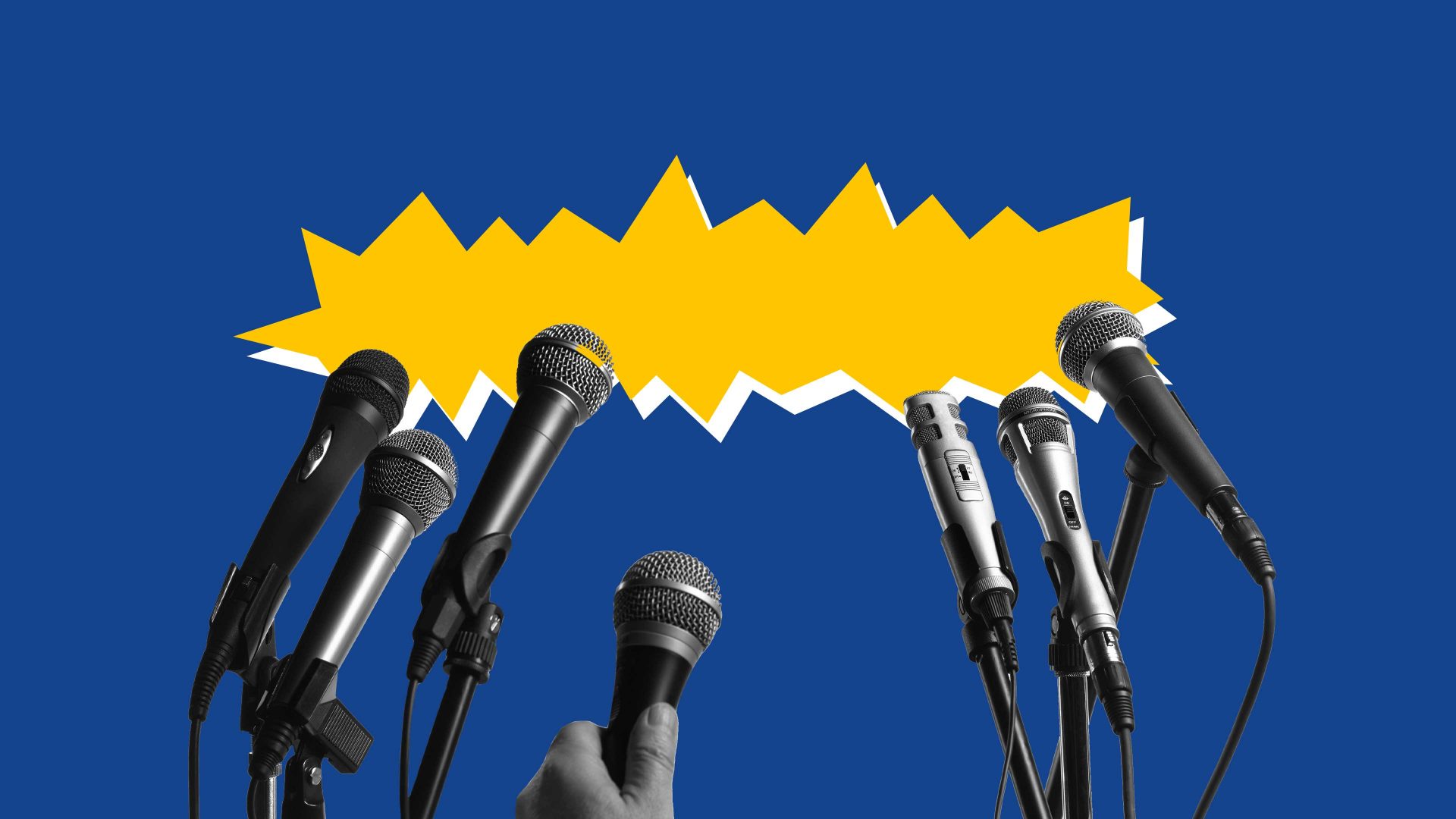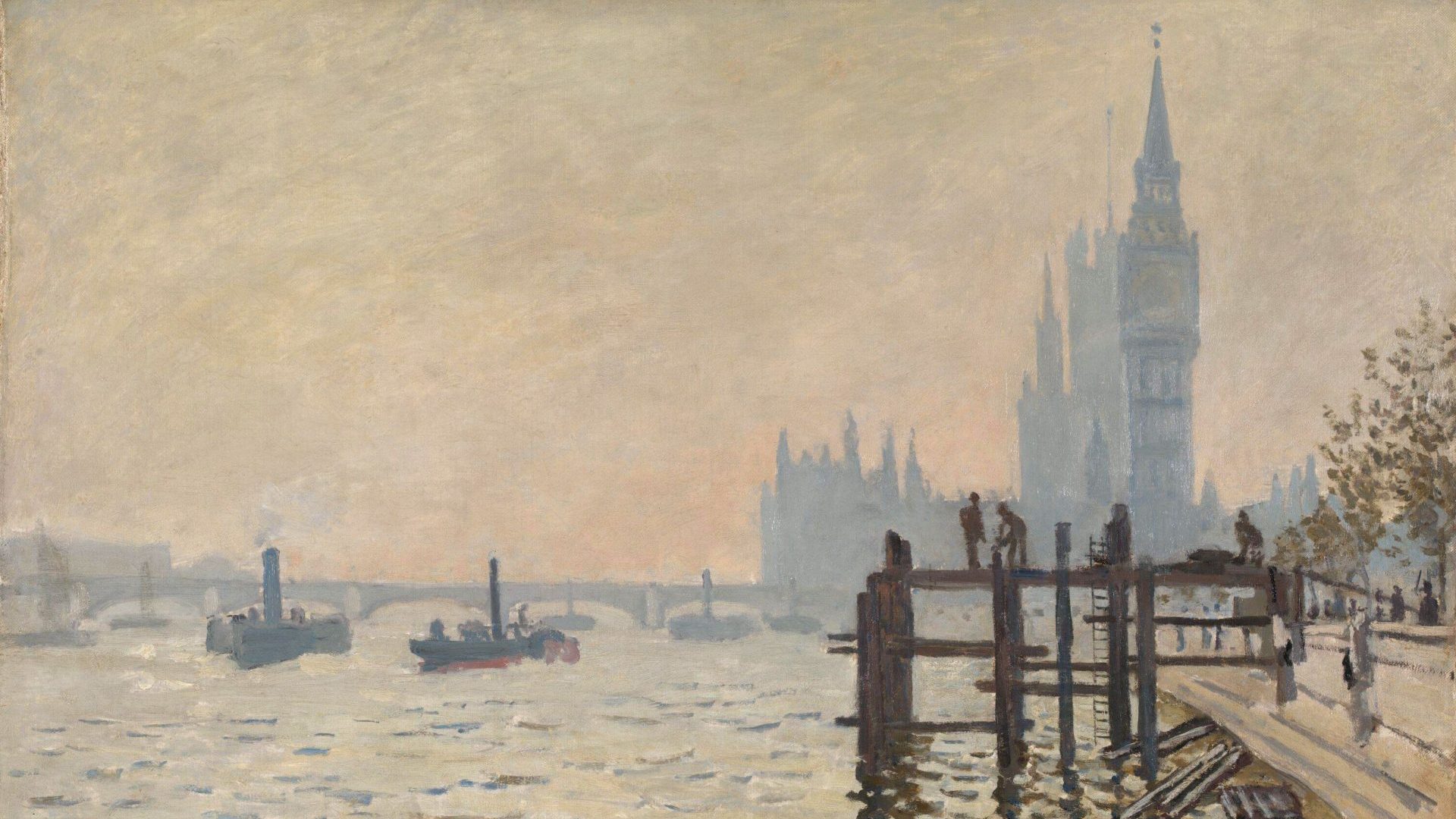None of us can live without it, but too much of it kills. It’s not only the greater part of you, it’s the greater part of the whole world. It’s in the air we breathe. It descends from the heavens. It gives us civilisation. It stops us killing people. Many believe it removes evil from our lives.
And before you think this is a riddle about love, I’ll come clean. Indeed, cleanliness is my only option, because I’m talking about water.
Water! It may be an inorganic compound, but depending on your body type, you are between 55% and 78% water. It’s the one chemical formula almost everyone knows: H20. Dihydrogen monoxide, if you prefer. Ginger ale? No, just a splash of dihydrogen monoxide. Water covers 71% of the earth’s surface. A hamburger is more than 50% water, a strawberry more than 90%.
We find water on this planet in all three forms: as a gas, as a liquid and as a solid. It’s forever cycling: evaporating from salty oceans and falling as sweet – and sometimes devastating – rain. We measure with its help: water freezes at 0 degrees Celsius and boils at 100C; a gram is the weight of a cubic centimetre of water at melting point.
In Britain we generally curse water when it falls from the sky. Shane McGowan’s threnody for the greyhounds of White City takes us to the ruins on “just another bloody rainy day”. But in Zambia, when the annual six-month drought is broken in a clap of world-ending thunder and the rain falls almost solid, there is universal rejoicing: Ladysmith Black Mambazo, from a little further south, sang: “Rain rain rain rain – beautiful rain!”
I was lightly drizzled with water in the font of, I think, All Saints Church, Kings Heath, Birmingham, when I was formally given my name and symbolically cleansed from original sin: that is to say, from the evil I (apparently) carried within me by being born human. When I was at school I first encountered Phlebas, the drowned Phoenician sailor in TS Eliot’s The Waste Land:
Oh you who turn the wheel and look to windward
Consider Phlebas who was once as handsome and as tall as you.
I have travelled by boat and marvelled at the immensity of a blue whale in the still greater immensity of the ocean. I have travelled through the Namib desert and seen a unicorn – well, it looked like one. It was an oryx seen in profile, only one horn visible, miraculously alive in a waterless place, living on moisture from the rare and scattered plants.
Here’s an equation: sun + water = life. There are exceptions, but they don’t really affect us: we don’t have much to do with hydrothermal vents in the deep ocean. The combination of sun and water allows plants to make their own food: they perform photosynthesis, and that’s how it all begins. Plants eat themselves; everything else eats either plants or the eaters of plants – and it all begins with water.
For 12,000 years we humans have controlled our food supply by way of agriculture, which requires 70% of all the fresh water used by humans. If rain doesn’t fall or the water used for irrigation fails, people starve. More people: we need more food: so we clear more land for agriculture, removing forests – and that causes floods downstream, and people as well as crops are washed away.
In Britain we shelter from water throughout the winter but when the warmer weather comes we flock towards it: usually the seashore, at home or abroad, but in August there are watery traffic jams on the Broads and no space at all to tie up outside the pubs.
Rivers shaped our civilisations. That of the west began in the Fertile Crescent: along the Nile and between the Tigris and the Euphrates. Most cities are built on rivers, for both drinking water and transport: trade, links with the rest of the world: London and the Thames, Paris and the Seine, Rome and the Tiber, Delhi and the Yamuna, tributary to the Ganges, Beijing with the Yonding and several others.
We also build cities on harbours, because we move most of our important goods by water: New York, Sydney, Hong Kong, Shanghai. Dunwich was a thriving medieval port, important to the wool industry: but in 1286-87 a series of storms washed most of it away. It’s said that on a still night you can still hear the tolling of the bell in the drowned church.
Many of us are getting more water than we used to, in these times of accelerating climate change. Warmer air can hold more water vapour than cold: air at 20C can hold about twice as much as air at 10C. That brings higher rainfall in many places. What’s more, water expands when it warms: the sea is now taking up more room than it used to. Melting icecaps also contribute to rising sea levels.
I will break off from this piece in a moment to prepare some food: before I do so I will wash my hands, so I don’t pass on potentially lethal substances. Experts in hygiene refer to such transmissions as “turd to tongue”. Washing is an essential part of our lives, even if Stephen Dedalus, in James Joyce’s Ulysses, refused his ablutions on the grounds that “all Ireland is washed by the Gulf Stream”.
Ritual washing is part of almost all religions: Christianity, Islam, Shinto, Taoism and Rastafarianism. In Hinduism the River Ganges is worshipped as the goddess Ganga, who brings purification and forgiveness. In my pious boyhood I used to serve on the altar, and before the consecration I would pour water over the priest’s fingers while he muttered: “I will wash my hands in innocence…”
There is a profound – if you like spiritual – response to water in us all. Even the most secular people are moved by the sight of a river heading down a nice valley, a lake with drinking deer, a skein of geese flying over the sea, salmon leaping up a waterfall, a tall ship under sail. We also feel this in more humdrum moments: a warm bath on a cold day, a morning cup of tea, the condensation on a glass of beer.
These deep feelings have done the impossible and shoved the environment up the political agenda. Water enthrals us – and we also have a deep revulsion to shit. This instinctive repugnance greatly reduces our chances of ingesting disease-carrying micro-organisms found on excrement, vomit, decayed meat and blood.
Both these responses are essential to our survival. No one has to tell us that water is good and shit is bad, we know it in our DNA. And we don’t want shit in our water.
Last year, spills of raw sewage into British waters took place on average 1,000 times… that’s 1,000 times a day: more than 399,864 times in the year (stats from Surfers Against Sewage). At the same time, English water companies paid their investors £1.4bn in bonuses.
You don’t have to be Karl Marx to work out that something’s not quite right here. It all began with Margaret Thatcher’s Panglossian view of capitalism: if everything is in private money-making hands, everyone will be better off. It’s the view of Milo Minderbender in Catch-22, before he bombs his own side for profit.
There are a million environmental problems facing us, and together they represent a genuine existential crisis, rather more significant than any whipped-up fuss about immigration. Environmental issues are widely regarded as peripheral, even though 100% of voters live in the environment. But water – that’s another matter. The fact that people are paying themselves vast sums of money for pouring vast quantities of shit into our sparkling beloved waters inspires a visceral fury in us all.
It played a part in the downfall of the Tories in the last general election, and it’s also relevant in the subsequent fission of the Conservative Party: it’s a great deal harder to believe in benevolent capitalism when our rivers stink and our loveliest beaches are no longer safe for swimming.
It’s also a serious test of the new government. It’s one thing pointing out that something is wrong, particularly when everyone who uses water is inclined to agree with you, but quite another to set things right. When they’re holding swimming events in the Thames at Westminster we’ll have something more than the sport to cheer.
A flash of blue fire that can only be a kingfisher… a school of dolphins abandoning its lessons for the day… fragrant pans a-bubble on the stove… tomato plants ceasing their droop after a much-needed canful… clank of ice in the glass… Gene Kelly singing in the rain…
We are water and water is us. Of course we care about water. We have no other option.




